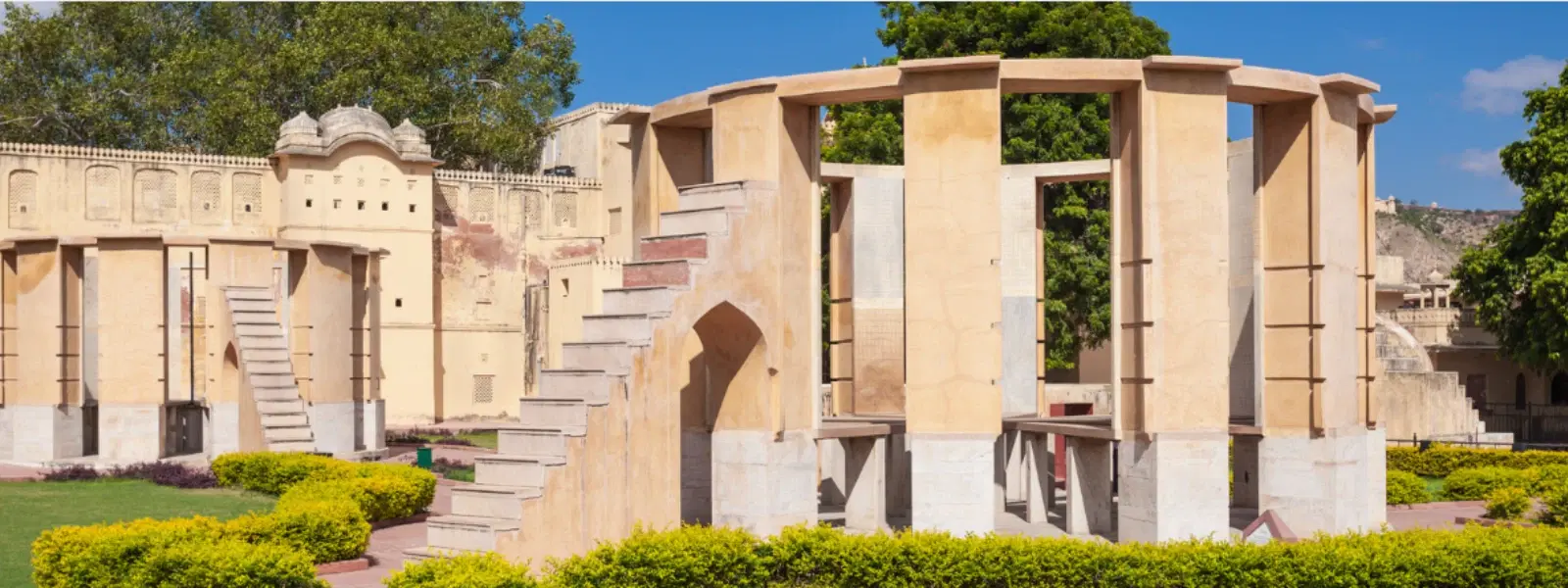
Hotels
•03 min read

In India, astrology is more than a science—it's a way of life, especially in the countryside where traditions thrive. Rural astrology centers in India have long served not only as providers of personalized horoscope consultations but also as guardians of a rich cultural heritage. This post explores how traditional practices and modern innovations merge in rural astrology centers, offering insights into cultural heritage and personalized guidance in India. In this exploration, readers will discover how riverbed wisdom, age-old methods, and community interactions come together among village astrology services to create a unique blend of tradition and modernity.
Astrology in India has roots that extend back thousands of years. In rural settings, astrology practices in villages have been intimately linked with everyday life—guiding major decisions such as marriages, the best time for sowing seeds in the fields, and organizing local festivals. These traditions, nurtured over generations, have woven spiritual insight into the fabric of village life.
Unlike their urban counterparts, rural astrology centers rely heavily on time-tested methods such as Vedic astrology and a rich heritage of oral traditions. Local astrologers in rural areas offer a personalized touch that connects deeply with community values. This personal interaction makes the process of rural horoscope consultation not only a spiritual journey but a family tradition, ensuring that wisdom is passed from one generation to the next.
Village astrology services in India are known for their wide range of offerings. These centers commonly provide horoscope consultations, palmistry readings, and Vastu guidance tailored to the specific needs of rural communities. For example, a farmer might seek advice on auspicious timings for planting, while a local family could benefit from insights during wedding preparations. Such practices reflect the holistic nature of traditional astrology in India.
Astrology centers in rural India utilize several traditional tools to provide accurate and personalized guidance. Instruments like the Panchanga, or Indian almanac, Nakshatra charts, and detailed Kundali analysis remain central to these consultations. Moreover, the importance of face-to-face interactions cannot be overstated. These in-person consultations ensure that nuances in a person's speech, expression, and cultural context are carefully recognized, offering a depth of understanding that digital interfaces often lack.

In village settings, astrology centers play a critical role far beyond mere prediction. They are community hubs where residents gather, share experiences, and maintain local traditions. Astrologers often mediate disputes, offer spiritual solace, and serve as unofficial counselors. This multifaceted role strengthens community bonds and helps preserve the ancient rituals and lore that define rural culture.
Today, the charm of traditional astrology in India is blending with modern technology. Rural astrology centers are gradually incorporating digital tools such as mobile apps and online consultations to reach younger demographics and urban visitors. However, many still hold on to the precious value of a face-to-face consultation, reaffirming that while technology may assist, the human connection remains irreplaceable.
Local astrologers in rural areas often grapple with limited resources and increasing competition from urban centers that boast advanced, tech-driven approaches. There is also an emerging skepticism among younger generations, influenced by globalization and modern scientific thinking. These factors pose significant challenges to the sustainability of rural horoscope consultation and other traditional practices.
Despite these obstacles, significant opportunities exist to revive and sustain these cultural treasures. Enhanced government support, interest from cultural tourism, and a gradual pivot towards digital outreach are promising avenues for growth. Initiatives aimed at educating the youth and preserving oral traditions can secure the legacy of small-town astrology centers, ensuring that the wisdom of regional astrology experts continues to guide life decisions well into the future.
Did you know? Vedic astrology, practiced in rural India, is considered one of the oldest astrological systems in the world. Its reliance on planetary alignment and Nakshatra charts continues to guide millions in making life decisions.

Many rural astrology centers offer free consultations during festivals or community gatherings. Alternatively, some apps provide free initial consultations with astrologers.
Accuracy depends on the astrologer's expertise and the app's algorithm. Traditional face-to-face consultations in rural centers often provide more personalized insights.
Rural astrology centers focus on traditional methods and personalized guidance, while urban services often incorporate modern tools like apps and online consultations.
By relying on oral traditions, ancient texts, and community engagement, rural astrology centers play a vital role in keeping cultural practices alive.
Yes, many rural centers welcome tourists, offering unique insights into traditional astrology practices and local culture.
Rural astrology centers in India serve as cultural hubs that go beyond horoscope consultations, preserving ancient traditions and offering personalized guidance in the heart of village life. They embody the delicate balance between maintaining cherished customs and embracing modern innovations. This exploration invites enthusiasts to delve deeper into the rich tapestry of Indian astrology and experience the soulful connection it fosters within communities.